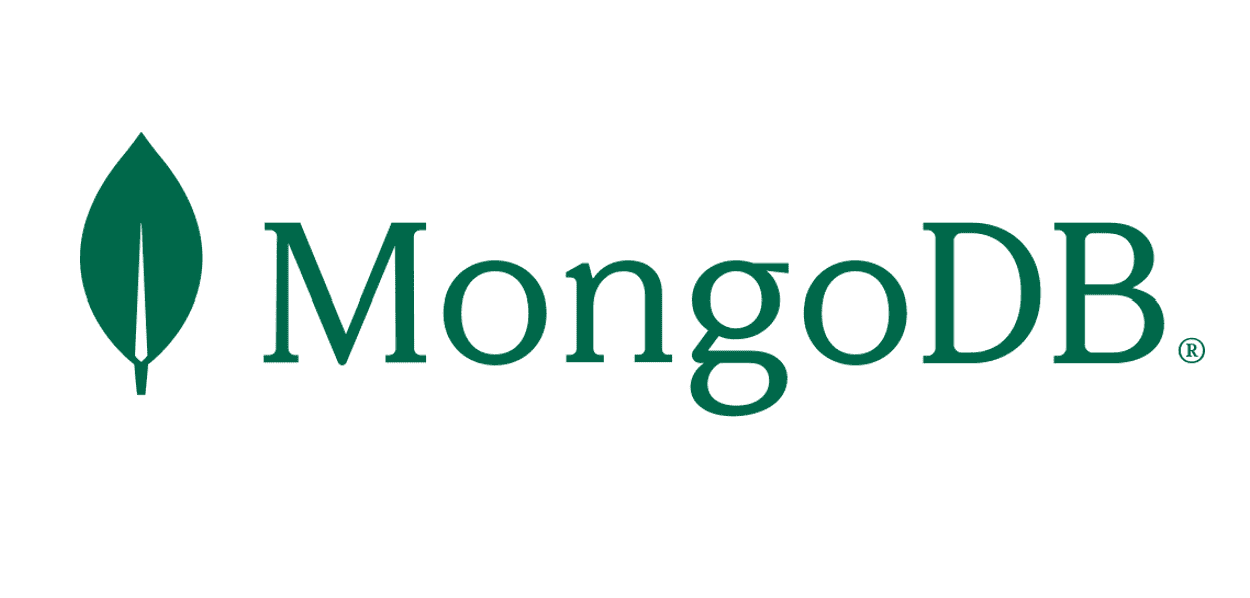
MongoDB, the popular open-source NoSQL database, has released patches addressing three newly disclosed vulnerabilities that could expose deployments to denial-of-service and authentication bypass attacks.
The first flaw, CVE-2025-3083 (CVSS 7.5), is a high-severity vulnerability that allows an attacker to crash the mongos router process. This is achieved by sending specially crafted, malformed MongoDB wire protocol messages. What’s particularly alarming is that this can be executed without requiring an authenticated connection, significantly lowering the barrier to exploitation.
Affected versions:
- MongoDB 5.0.x < 5.0.31
- MongoDB 6.0.x < 6.0.20
- MongoDB 7.0.x < 7.0.16
The second issue, CVE-2025-3084 (CVSS 6.5), resides in MongoDB’s explain command. This debugging tool, often used by developers and administrators to analyze query execution plans, fails to validate certain argument combinations before use.
In router server contexts, this oversight may result in unexpected crashes, allowing an attacker to craft a query that brings down nodes with minimal effort. Though the impact is slightly lower on the CVSS scale, its ease of exploitation in internal environments still poses real risk.
Affected versions:
- MongoDB Server 5.0.x < 5.0.31
- MongoDB Server 6.0.x < 6.0.20
- MongoDB Server 7.0.x < 7.0.16
- MongoDB Server 8.0.x < 8.0.4
The most severe of the three, CVE-2025-3085 (CVSS 8.1), is a security flaw specific to MongoDB servers running on Linux. This high-severity vulnerability involves the failure to check the revocation status of intermediate certificates when TLS and Certificate Revocation List (CRL) checking are enabled. This oversight can lead to improper authentication, particularly in scenarios involving MONGODB-X509, which is not enabled by default, and potentially intra-cluster authentication. Attackers could exploit this to gain unauthorized access by using revoked certificates.
Affected versions:
- MongoDB Server 5.0.x < 5.0.31
- MongoDB Server 6.0.x < 6.0.20
- MongoDB Server 7.0.x < 7.0.16
- MongoDB Server 8.0.x < 8.0.4
MongoDB administrators should prioritize applying the necessary patches to their servers to mitigate these risks. Additionally, thorough testing and validation of security configurations are essential to ensure the integrity and availability of their database systems.
Related Posts:
- MongoDB Patches High-Severity Windows Vulnerability (CVE-2024-7553) in Multiple Products
- Data Breach Alert: MongoDB Customer Hit, Logs Accessed
- CVE-2025-0755: MongoDB C Driver Vulnerability Could Lead to Buffer Overflow
- Spring Data MongoDB SpEL Expression injection vulnerability
- CVE-2025-2306 (CVSS 9.0): Mongoose Flaw Leaves Millions of Downloads Exposed to Search Injection